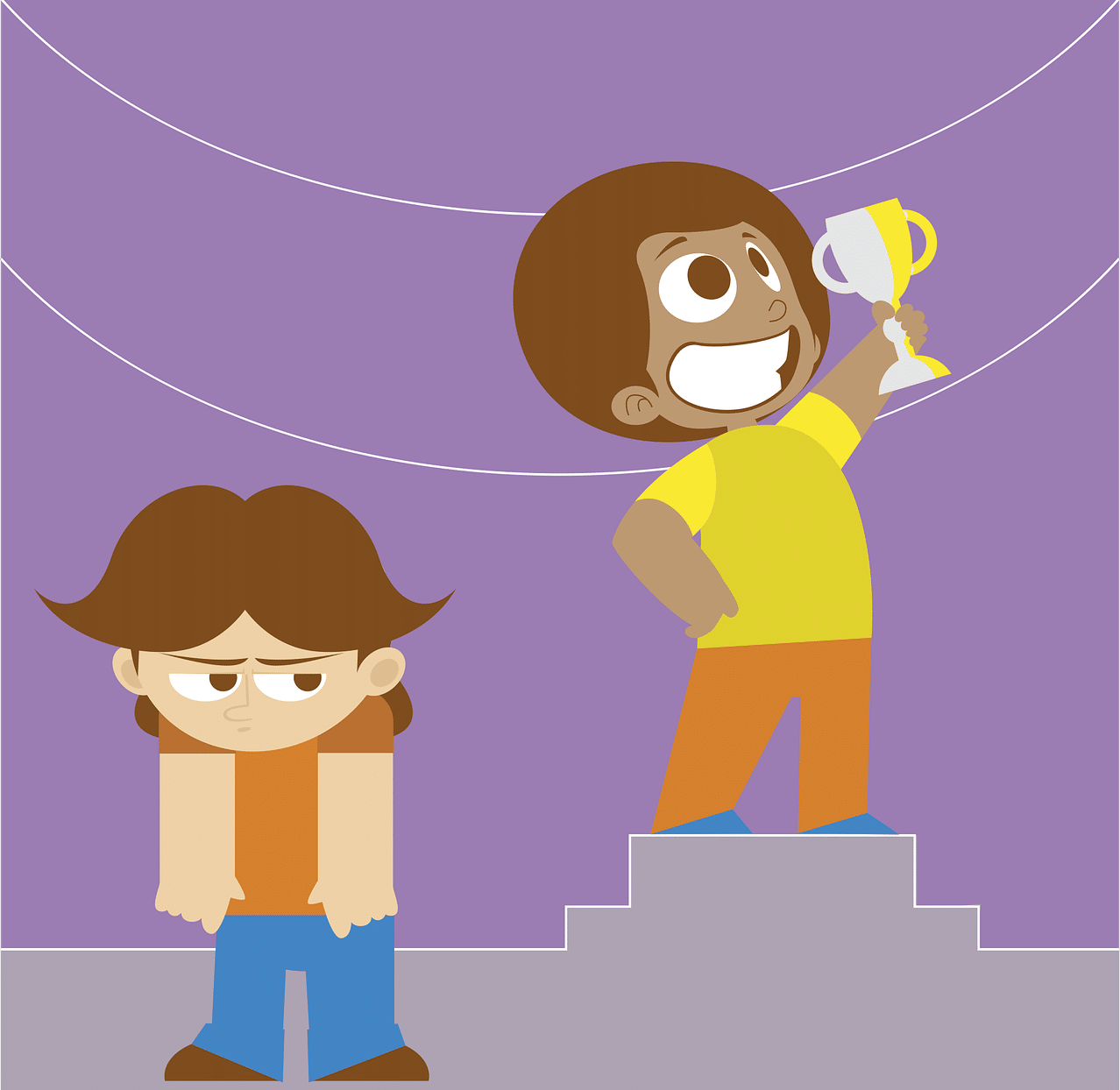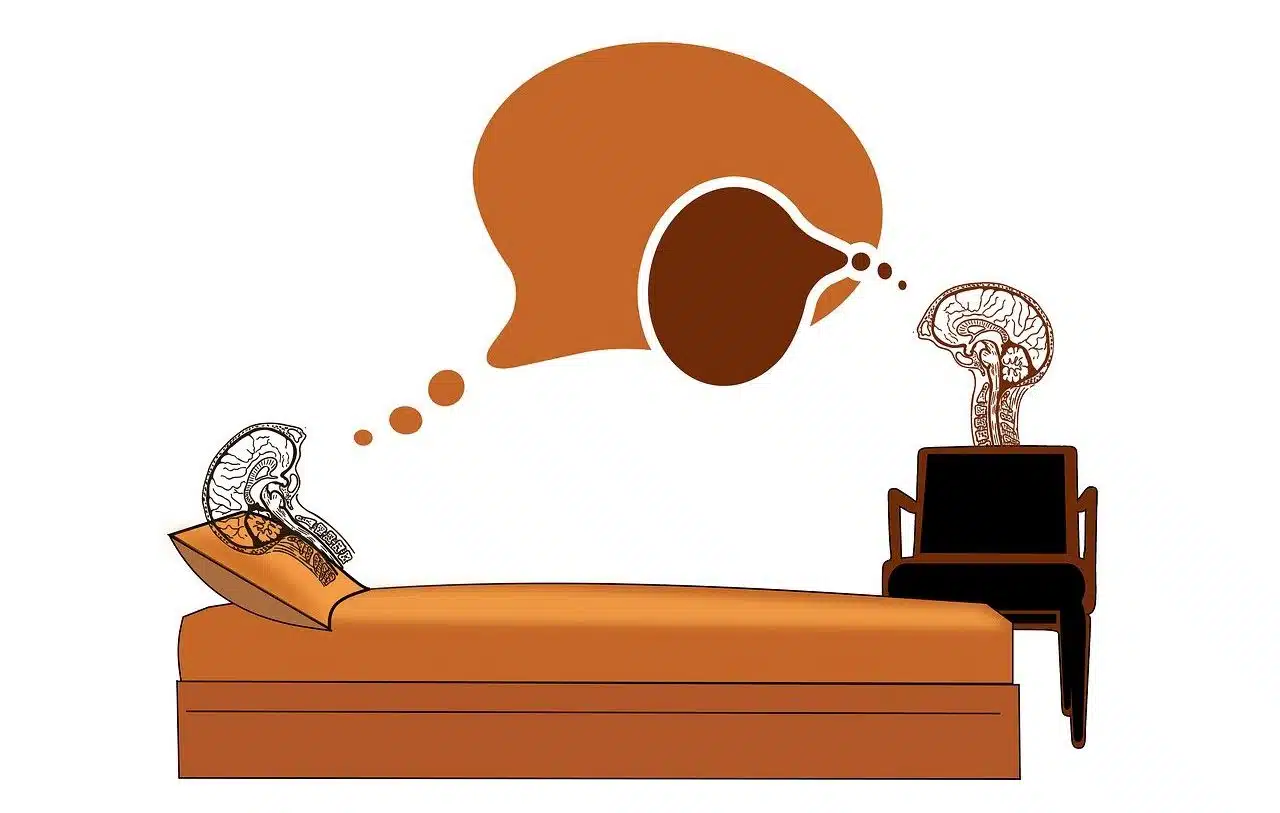
Jealousy, envy, anger and hatred are emotions that often cause aversion.
Emotion is the deep but ephemeral variation of the mood , which can be pleasant or painful and occur together with a certain somatic shock . On the other hand, as the Royal Spanish Academy (RAE) points out in its dictionary, it constitutes an interest full of expectation with which one participates in something that is happening .
At first glance, defining the term - from the Latin emotio - may be simple; However, achieving an agreed upon definition of this word is a slightly more complicated task. In this article, however, we will try to do so as clearly and completely as possible.
Emotions and health
As various studies have shown, emotions play a fundamental role in a person's health processes . So much so that in many cases an illness is triggered by a certain experience that generates a particular emotion, as sometimes happens with phobias and mental disorders . There are also cases of epilepsy where emotions are a prevailing cause.
Emotions are understood as phenomena with psycho-physiological roots and, according to experts, they reflect effective forms of adaptation to various environmental changes. In the aspect of psychology , emotions generate shocks in the rate of attention and increase the range of various behaviors in the hierarchy of responses of the individual who experiences them. Regarding physiology , emotions allow us to organize the responses of various biological structures, including facial expressions, voice, muscles and the endocrine system, with the aim of defining an internal environment suitable for the most optimal behavior.
Emotions allow every individual to establish their position with respect to the environment that surrounds them, being driven towards other people, objects, actions or ideas. Emotions also function as a kind of repository of innate and learned influences.
It is important to indicate that emotions, when positive, can generate joy or euphoria ; On the other hand, being negative, they are capable of causing anxiety , frustration , stress and despair . That is why you must have empathy with those who are going through a bad emotional moment.

From psychoanalysis, through psychotherapy, work is usually done to accept emotions.
Various currents of thought
One of the problems when trying to define emotions arises when relating it to the cognitive . Here the paths of thought bifurcate, on the one hand those that separate the feelings and emotional part of a person from any type of reasoning or cognitive process, and on the other that relate both processes.
For psychologist Jean Piaget , there are emotional behaviors that are associated with the processes of building an intelligent individual mind . The processes of knowledge of the environment are incorporated through a mechanism of individual evolution of intelligence, which chooses internal structures linked to the formation and structural particularities of the brain and the elements of the nervous system, and associates them with perceptions of the environment. This triggers increasingly complex mental procedures, which involve the epigenesis of cognitive structures.
The most accepted way of understanding this concept is from a broad dimension , where the affective and cognitive processes touch and complement each other. Several elements participate in this development: subjective awareness (the feelings themselves), physiological changes (certain bodily reactions that are motivated by these feelings to predispose the organism to face the new experience), internal motor stimuli (internal changes that cause an attitude). determined) and cognitive dimension (mental process through which the person understands what is happening to them). For all this, it is impossible to analyze emotions completely separate from the rational aspect, since to understand them we use the cognitive methods available to us.

Music, literature, dance, painting and photography are disciplines that, thanks to the sensitivity of the artists, reflect emotions.
The development of an emotion
Fear is a feeling that can produce physiological changes such as increased heart rate, dilation of the pupils, tension in the muscles and secretion of adrenaline ; in turn produces an internal reaction that is reflected in facial expressions, sudden or specific movements and changes in intonation.
Happiness , sadness , anger , surprise and disgust are other emotions that cause alterations inside and are often reflected through physiology. Emotional regulation is important so that these effects are not very intense and do not generate unwanted consequences.
It cannot be overstated that emotions affect non-verbal communication . Facial expression and body language are often modified by emotional issues: sometimes, it is necessary or advisable to hide these reactions. If a business owner stumbles, employees should not burst out laughing and shouting as this may make the business owner angry.
Cognitively , these responses are analyzed in a sociocultural context to be able to understand them and place them in the appropriate place: "Emotional expression changes as does the ontogenetic development of the individual." Likewise, it is the cognitive process that allows us to inhibit certain emotions , when culturally they are not considered appropriate.
For example, when we feel attracted to a person who cannot reciprocate us (because he is married or simply not in love with us) or when we are in front of our boss and we feel like attacking him (we know that giving free rein to this feeling could not bring us more than problems, and not just that of losing our jobs).
Other theories
It is necessary to comment that, in the latest cognitive theories that have been made about the emotional process, there has been a fundamentalist emphasis on the cognitive, objecting that the world is not a certain way, but depends on whose eyes it is looked at; That is why the same experience for two different people can be traumatic for one and more possible to face and resolve for another. In any case, although this theory has many followers, especially in relativist currents , many specialists refuse to approve of this very random way of understanding feelings and the world in general.
To finish, we can point out some terms that are related to emotion, such as affect (describes the quality of a feeling; that is, whether it is positive or negative for a person), moods (attitude that is installed in an individual after going through a certain experience), temperament (characteristics of a subject that make him or her more or less prone to react in this or that way to an external stimulus) and feeling (someone's response to a certain experience).
emotional education
Emotional education aims at the acquisition and strengthening of emotional capacities. This type of process seeks to increase the well-being of individuals through the development of personality and affectivity.
The Argentine artist Gonzalo Álvarez is the promoter of Proyecto BIO . Through this initiative that it created in 2000 , it uses a traveling art exhibition and workshops to promote the emotional education and environmental awareness of children in kindergartens and schools.
As an artist, I believe that education in Argentina is still very backward, there are thirty or forty years of delay, at the training level and on the emotional level. That is why this awareness of also strengthening adults, teachers, in matters of environmental education and emotional education is quite a challenge.
The BIO Project seminars were transformed into BIO Project – Pedagogical because the adult referents of the children are not listened to either. It is important that they learn to share their projects, their views and understand the concept of Ubuntu, which means "I am because you are." If we take this to education, it would be the opportunity to listen to oneself or other colleagues, share and achieve greater satisfaction. In the exchange of knowledge, teachers often work alone and compete, that is why as a computer artist of emotions I have long raised awareness and the possibility of the teacher abandoning his ego. One of the main problems in education is competition. This competition is not healthy because children copy everything. That is one of the many slogans that I propose to strengthen this mission of conscience, that the teacher first strengthens himself emotionally, that he learns about the environment and emotions and then learns to listen to his own students.
The educator has to be able to value the uniqueness of each student because each person has individual needs and different abilities, so the challenge is for each one to overcome their own limits. When there is love and a bridge, everything is solved: you just have to learn to listen to others.
Gonzalo Alvarez
